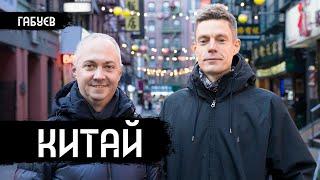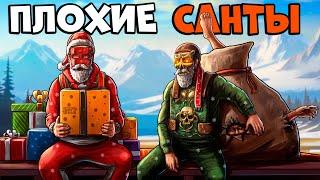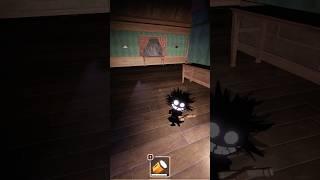
António Lobo Antunes' The Land at the End of the World (1979) | Book Review and Analysis
Contents:
00:00 – Intro
00:37 – About the novel
01:44 – Connections with other authors
03:19 – Premise
04:27 – Mood: abjection
06:28 – A couple of quotes
08:30 – Why is the novel presented as a monologue?
09:31 – Main theme
10:06 – A curiosity about the chapters
11:29 – Bottom line and thoughts on the translation
Work Cited
Kristeva, Julia. Powers of Horror: An Essay on Abjection. 1980.
Тэги:
#Portuguese_Literature #World_Literature #Literature_in_Translation #Literatura_portuguesa #Literatura_mundial #Literatura_en_traducción #Colonialism #Post-colonialism #Colonialismo #Post-colonialismo #Novelas #Novels #Autobiographical_Novels #Novelas_autobiográficas #Joseph_Conrad #Marcel_Proust #William_Faulkner #Alejo_Carpentier #Juan_José_Saer #Antonio_di_Benedetto #Juan_Carlos_Onetti #Louis-Ferdinand_CélineКомментарии:

Wonderful review, Jorge! Glad you enjoyed it :)
Ответить
The Julia Kristeva quote about objection as “reaction to a threatened breakdown in meaning caused by loss of distinction between subject and object or self and other”…. Sounds a lot like Freud in that when the ego can no longer hold at bay either the id or the superego, the result is psychosis. On the other hand, in Non-Dualism, the whole point of it is to have that breakdown between self and other. However, instead of a resulting Freudian psychosis, we have Enlightenment. Never heard of this woman before. This is so profound.
Ответить
I have one book from him « As Naus » but not found the time to read it yet…
📚📚📚📚📚📚📚📚📚📚📚📚📚📚📚📚📚📚📚📚📚📚📚📚📚
I did read a book translated from Portuguese this year: “Niketche una historia de poligamia” by Paulina Chiziane. She’s from Mozambique. I recommend it, if you want to know about the lives of women there.

I can't remember if it was Pérez-Reverte or Martín Kohan who said that writers are reality scavengers, searching for obscure circumstances that might ignite interesting stories. Here you mention abjection and relate it to religion and art. This reminded me of Johnny Got His Gun by Dalton Trumbo, an extremely abject and intense short story that, once read, heals the wounds we need to receive, should we deserve to own some reserves of empathy. So, I also wonder, how distant can art be from abjection?
Ответить
Hola jorge! I have this book in italian sitting on my shelf for years. Now it's time to read it after your amazing review. The title in italian is quite awful "in culo al mondo". In my humble opinion a more elegant title would have suited the book better. Thanks, my friend. Have a wonderful day and enjoyable reads. Bye.
Ответить
Thanks Jorge for this one! Atunes was completely unknown to me before this. And my familiarity with Portuguese literature is pretty minimal.
Ответить

























